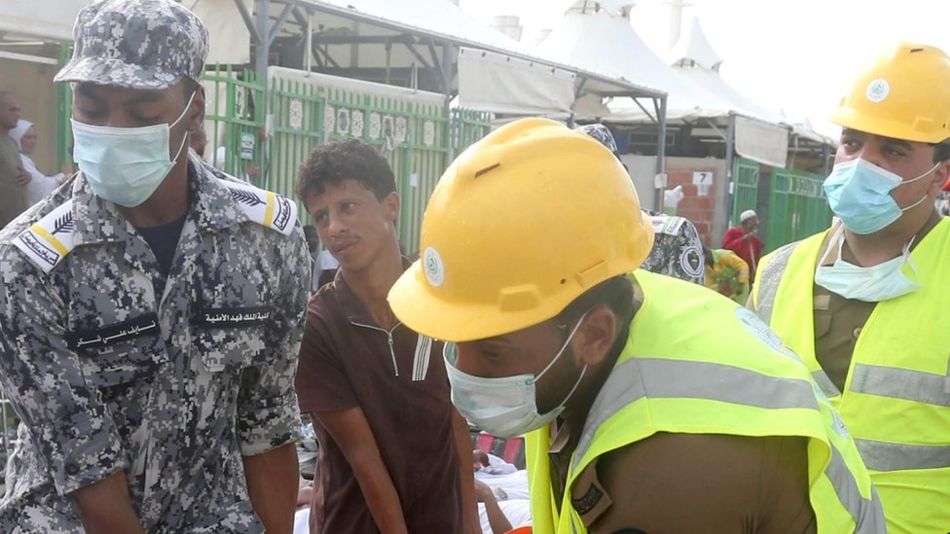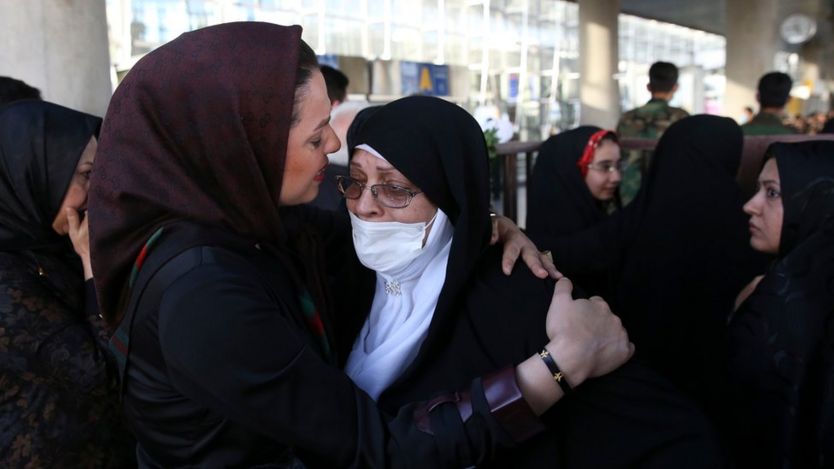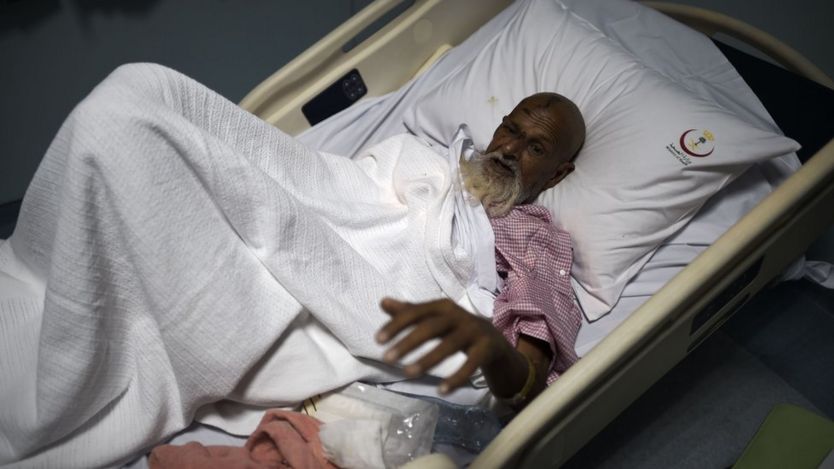Top oil exporter Saudi Arabia is slowly regaining market share following its 2014 decision to no longer support prices, data shows, but has a long way to go if it wants to go back to the larger levels it has seen in the past.
Saudi Arabia led a shift by the Organization of the Petroleum Exporting Countries in November 2014 to defend market share against competing supplies, rather than cut output to prop up prices as they had for years.
Oil is trading below $50 a barrel, less than half its level of June 2014. But Riyadh says the strategy is working and OPEC officials point to stronger growth in world oil demand since the policy shift and to slower growth in non-OPEC supply. Crude exports from Saudi are on the rise from a 2014 low.
"Based on their own reported crude export numbers for first-half 2015, the Saudis do appear to have reclaimed some of the market share they lost during 2014," said David Fyfe, head of research at trading firm Gunvor and a former senior analyst at the International Energy Agency.
Figures from the U.S. Energy Information Administration (EIA) and the IEA point to Saudi exports to major consumers in Asia and Europe reaching multi-year highs in the first half. Exports year-to-date to the U.S. have risen, but remain under pressure.
According to a Reuters analysis of Saudi data on its exports and production, and using IEA estimates of world product demand, Saudi crude exports have amounted to around 8.1 percent of the global market since November 2014, after falling to 7.9 percent in 2014.
To be sure, the comparison of crude exports with estimated global product demand is not perfect, but it provides a rough indication of the changes in Saudi market share using publicly available and up to date data.
More than half of Saudi crude exports head to Asia and the EIA said on Sept. 9 Saudi Arabia had maintained its Asian market share, exporting 4.4 million bpd of crude to seven big customers in Asia in the first half of 2015.
Since 2007, this is the second-highest Saudi exports in the first half of the year to those countries, EIA analyst Rebecca George said. The peak was in 2012 when 4.6 million bpd was exported in the January-June period.
SAUDI CONCERN ABOUT U.S. IMPORTS
More Saudi crude is heading to the United States although market share is still under pressure in the largest oil user.
The United States imported 1.076 million bpd of Saudi crude in June according to EIA data, up from 788,000 bpd - the lowest since 2009 - in January 2015. But average exports in the first half are lower than a year ago.
Nonetheless, the uptrend in 2015 may provide some comfort to Saudi oil officials, who according to two industry sources were alarmed when Saudi crude exports to the U.S. fell below 1 million bpd in August 2014.
"That was like a watershed when the Saudis said 'we can't allow this to fall any lower,'" an OPEC watcher with access to Saudi oil policymakers said, declining to be identified.
Saudi officials had started thinking about the market share strategy in late 2013, industry sources said. The shift became public knowledge when OPEC in November 2014 refused to cut supplies despite falling prices.
Despite rising in 2015, U.S. imports of Saudi crude are far below previous highs. Saudi exported more than 2.2 million bpd to the United States in May 2003 and now meets around 15 percent of total U.S. imports, down from a third in the early 1990s.
Saudi Arabia is also exporting more crude to major consumers in Europe this year.
Shipments in the first half of 2015 to European members of the Organization for Economic Cooperation and Development (OECD) were the highest since 2006 averaged at 4,153 kilotonnes per month, or about 1.01 million bpd, according to a Reuters analysis of International Energy Agency data.
EXPORTS, WORLD DEMAND KEY INDICATORS
Saudi Oil Minister Ali al-Naimi said in June the strategy is working and sources say the kingdom weighs a range of factors to determine its success.
While it is not an official target, whether or not Saudi exports are more or less than 7 million bpd over a period of time is a basic indication of the health of Saudi market share, Saudi oil sources say.
Saudi figures to July show its crude exports have been above 7 million bpd in every month of 2015 except May. They fell below 7 million bpd in seven months of 2014, having exceeded that rate in every month of 2012 and 2013.
Revisions in world oil demand and non-OPEC supply are also important considerations, an industry source said.
"Look at demand first," this source said. "Then look at the supply, but you have to look at the marginal barrels - how was it affected since the oil price drop? That's how you know the strategy is working."
As well as Saudi exports, those factors are moving in favourable directions for Riyadh. The IEA expects world demand in 2015 to grow by 1.71 million bpd, a five-year high, and together with other forecasters sees slower non-OPEC supply growth.
Saudi Arabia shows no sign of changing course, seeing the strategy as long-term. Despite 2015's success, next year promises a further challenge if sanctions are lifted on
Iran and fellow OPEC rival Iraq boosts exports further.
"It's probably taking more time than they (the Saudis) thought for the strategy to bear fruit," said Fyfe of Gunvor. "That said, the process of re-balancing has begun."
"A truer test of Riyadh's ability to reclaim market share may come in 2016. Next year they'll likely see a levelling off in domestic demand from their new refineries, but potentially also some extra competition from Iranian and Iraqi barrels."
(Additional reporting by
Himanshu Ojha, Rania El Gamal and Dmitry Zhdannikov; Editing by William Hardy)
 Reuters
Reuters AP
AP AFP
AFP

